Children’s Rights: Laws and Practices in Sixteen Nations
Within the last century, the idea that children need safeguards and protections separate from those of adults greatly impacted both domestic and international law. Although the children’s rights movement has roots as early as the eighteenth century, it wasn’t until the twentieth century that children were viewed as more than a labor hand or an economic value. What began as an effort to protect children from long hours of labor and its corresponding health defects, turned into an organized and influential movement. The children’s rights movement promotes legal protections and safeguards for children, distinct from those of adults. After each world war, international legal instruments increasingly included protection for children across the globe. The League of Nations Declaration of 1924, and the successive United Nations’ Declaration of the Rights of the Child in 1959, declared that children need safeguards and protections separate from those of adults and that these protections should begin even before birth. This book provides a superior and comprehensive analysis of significant children’s rights laws. Each domestic and international practice is summarized; relevant clauses and language are defined and highlighted; and the effects of each are described. This book examines sixteen nations, across five continents: Argentina, Australia, Brazil, Canada, China, France, Germany, Greece, Iran, Israel, Japan, Lebanon, Mexico, Nicaragua, Russia, and the United Kingdom (England and Wales). For each nation, the study focuses on the domestic laws and policies that affect child health and social welfare, education and special needs, child labor and exploitation, sale and trafficking of children, and juvenile justice. This book also lists which pertinent international treaties the nation has ratified and implemented. This book will enable researchers, legislators, and academics to compare and contrast how children are treated among the different continents and which policies and laws have had the most profound impact on the younger generations. There has been much progress in the children’s rights movement, but more nations must act to protect those who most need it. Children are a nation’s future and the best gift we can give to the world is to ensure a safe, healthy, educated, and able future generation.
{{comment.content}}
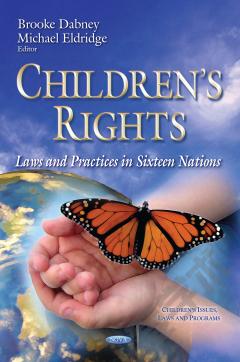
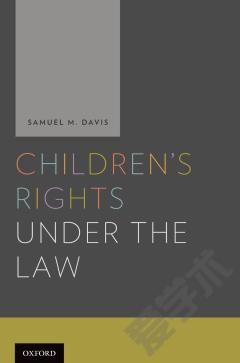
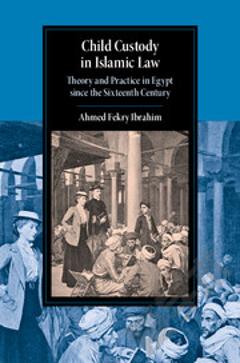
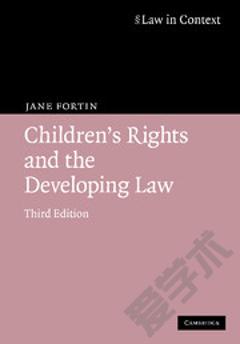
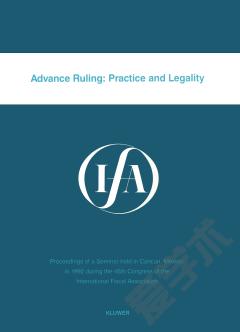
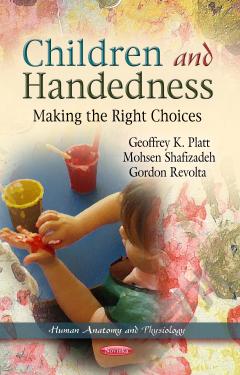
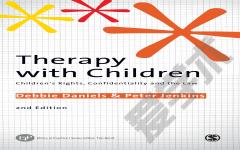

 京公网安备 11010802027623号
京公网安备 11010802027623号